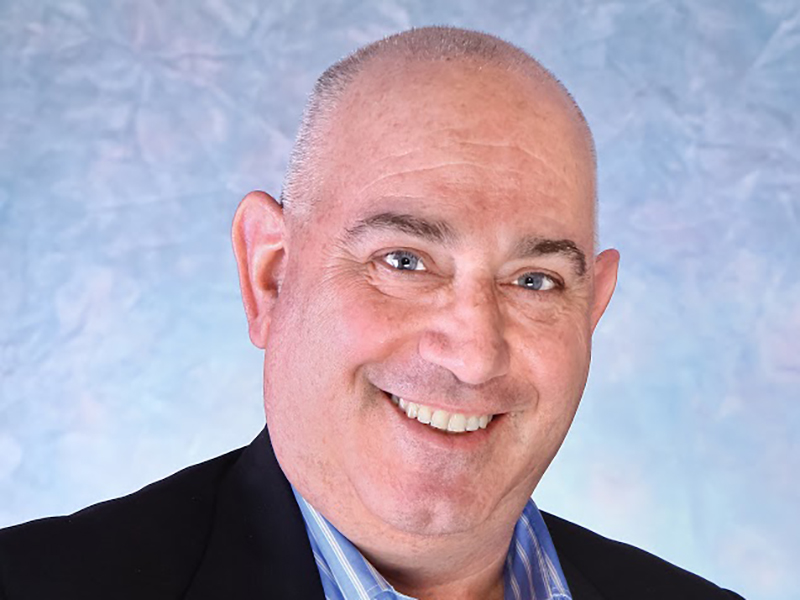Initially, Cliff Gevirtz, MD (M *81, PHTM *81) chose his field of study at Tulane because he just wanted to stand out from the crowd a little bit. Instead, he found a dual-degree program that kicked-started his career and taught him skills he continues to use to this day.
“I had a very smart professor at the University of Rochester who said, ‘You need something to stand out from the crowd, and combined degrees help pull people from out of the pile of applications.’ I also somewhat had a management bent to me. Tulane was one of the few programs at that time that had an MPH in Health Systems Management,” Dr. Gevirtz recalls.
After completing his dual degree at Tulane University School of Medicine and the School of Public Health and Tropical Medicine, Gevirtz landed a coveted research fellowship at Mass General with one of the pioneers in the field of anesthesiology, Dr. Jeffrey Cooper. “My epidemiology training at Tulane and some of the health systems, like the root cause analysis, that I learned at Tulane definitely paved the way for me to join his research.”
Now the medical director of Somnia, Inc., an anesthesia management company that operates across 45 different sites, Gevirtz uses the lessons he learned at Tulane School of Public Health and Tropical Medicine on a daily basis. “Whether it’s making out a budget or whether it’s talking to Cost Accounting or whether it’s dealing with an HR problem, I take the lessons I learned from the School of Public Health, from the Health Systems Management Department and apply them almost every day.”
Gevirtz has forgotten neither the lessons he learned at Tulane nor the university that set him on the path to a successful career. “I come from a very modest background. Tulane took a chance on me when they gave me substantial financial aid when I was a struggling medical student. I know I would not have achieved what I have achieved if Tulane had not taken a chance on me.”
Today Gevirtz is vice-chair of Tulane University School of Medicine’s Board of Governors, a member of the National Campaign Council, and chair of his 40th reunion. And he’s been a generous advocate of the place where he spent so much of his time as a student – The Rudolph Matas Library of the Health Sciences.
Looking back, Dr. Gevirtz regards his dual degree as essential to his success, and it’s something he sees as only growing in importance for rising physicians and clinicians. Gevirtz is passionate about the need for medical students to consider the business aspects of the field. “A large number of physicians have very limited business background, but in order to practice medicine today you have to have some understanding of business and have to have some understanding of health systems,” says Gevirtz.
The MD/MPH program at Tulane offers the training rising medical students need to succeed upon graduation. “You need to have a sense of cash flows, a sense of what is an appropriate accounts receivable. A lot of practitioners pick it up on the fly, but if you actually have a background in it you can make your private medical group or your academic department flourish.”
As the world faces the evolving COVID-19 epidemic, Gevirtz regards the combined MD/MPH as offering an essential resource. “At Tulane we train leaders in public health and we train leaders in health care and we are able to merge those 2 together. The number of zoonotic diseases, the infections that spread from animals to humans, is skyrocketing. We are going to need more soldiers on the front lines. More epidemiologists, more infectious disease doctors who are trained in epidemiology and who have a broader sense of the global problems that we are facing.”

